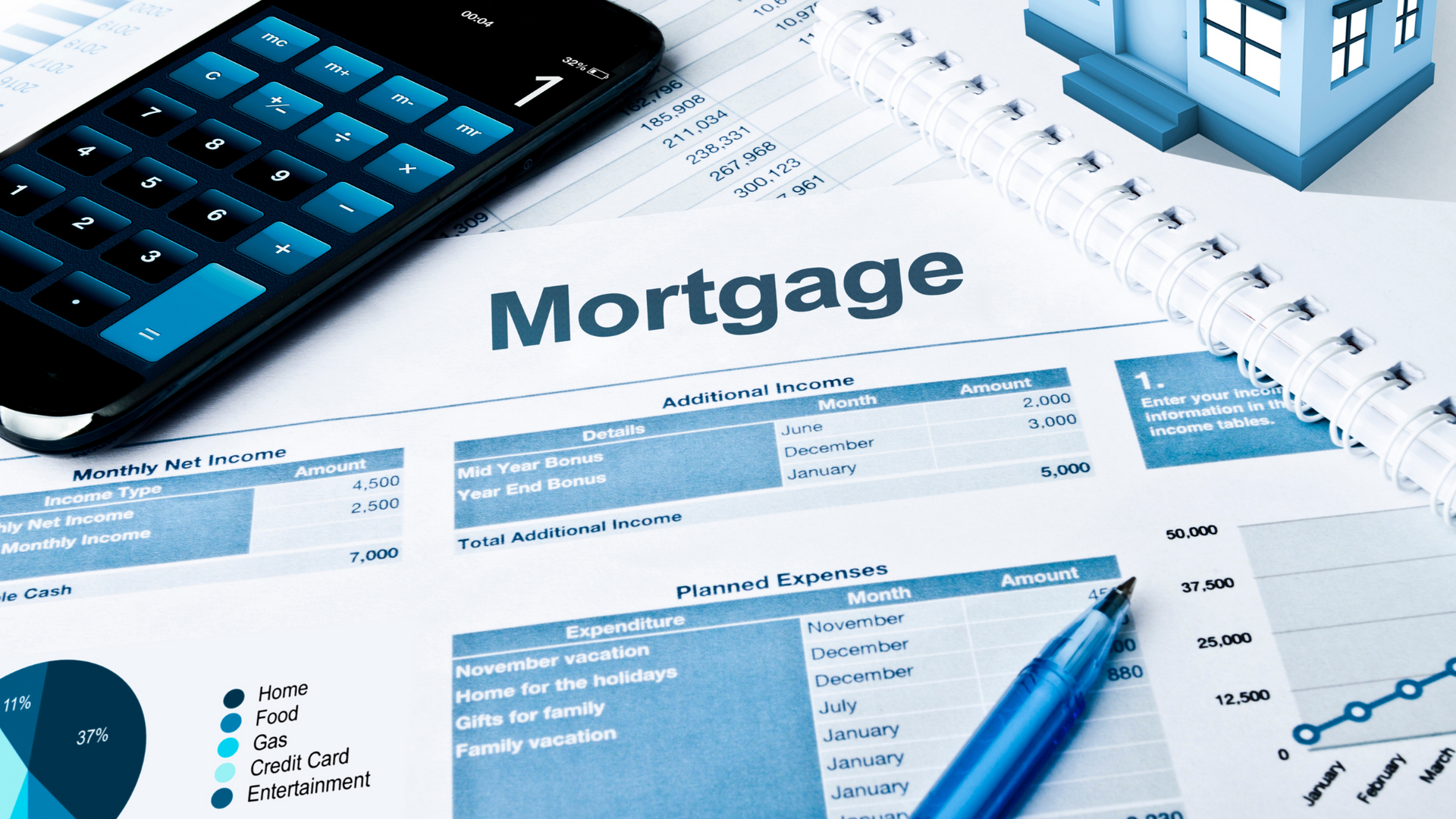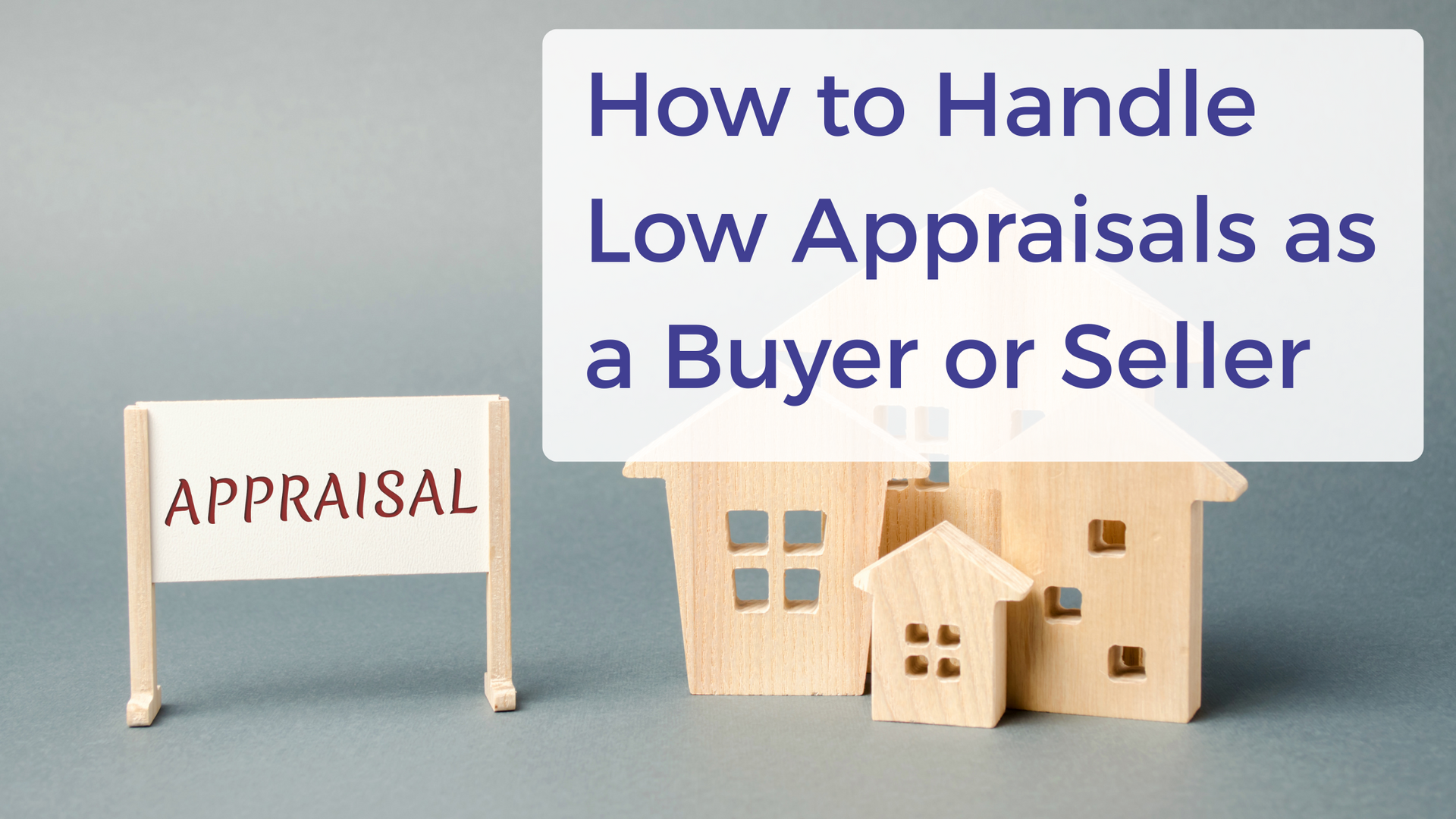Buying a home is one of the most important financial commitments many people will make. With that comes a wide range of mortgage terms that can feel confusing, especially for first-time buyers. Understanding the language used throughout the mortgage process can help you make informed decisions and feel more confident every step of the way.
Let’s explore some of the key terms and concepts that are commonly used in mortgage financing.

Principal
The principal is the amount of money you borrow from a lender to purchase your home. For example, if you buy a property for $300,000 and put down $50,000, your principal would be $250,000.
Interest Rate
The interest rate is the cost of borrowing money, expressed as a percentage of the loan amount. This rate is one of the biggest factors affecting your monthly mortgage payment and the total cost of the loan over time.
Amortization
Amortization refers to the process of gradually paying off your loan through regular monthly payments. Each payment includes a portion that goes toward the principal and another that goes toward interest. Over time, more of your payment will go toward the principal.
Fixed-Rate Mortgage
With a fixed-rate mortgage, your interest rate remains the same throughout the entire loan term. This provides predictability in your monthly payments, making it easier to budget long term.
Adjustable-Rate Mortgage (ARM)
An adjustable-rate mortgage has an interest rate that may change periodically based on market conditions. This means your monthly payments could increase or decrease during the life of the loan.
Loan Term
The loan term is the number of years you agree to take to repay your mortgage. Common terms are 15, 20, or 30 years. The length of the term can affect both your monthly payment and the total interest paid over the life of the loan.
What Are Basis Points?
Basis points (often abbreviated as "bps") are a unit used to measure changes in interest rates. One basis point equals 0.01%. So, if a mortgage rate increases from 3.50% to 3.75%, that’s a rise of 25 basis points.
Lenders often use basis points to describe small rate changes more clearly. If a lender offers to lower your rate by 50 basis points, that means your interest rate would drop by 0.50%.
Buying Down the Rate
Buying down the rate involves paying an upfront fee—commonly called "points"—to reduce your mortgage interest rate. One point usually costs 1% of your loan amount and may lower your interest rate by about 0.25%.
For example, if you have a $300,000 mortgage, paying one point would cost $3,000 and could reduce your interest rate from 4.00% to 3.75%. This can result in a lower monthly payment and savings on interest over the life of the loan. However, it’s important to calculate how long it will take for those savings to offset the upfront cost.
Final Thoughts
Having a solid grasp of mortgage terms can help you navigate the homebuying process with greater ease and confidence. Understanding the impact of interest rates, the benefits of fixed vs. adjustable loans, and whether buying down your rate makes sense can all play a role in your decision-making.
Before moving forward with any loan, consider speaking with a trusted mortgage advisor who can help tailor a strategy that fits your unique financial goals. The more informed you are, the better equipped you’ll be to secure the right loan—and the right home—for your future.


